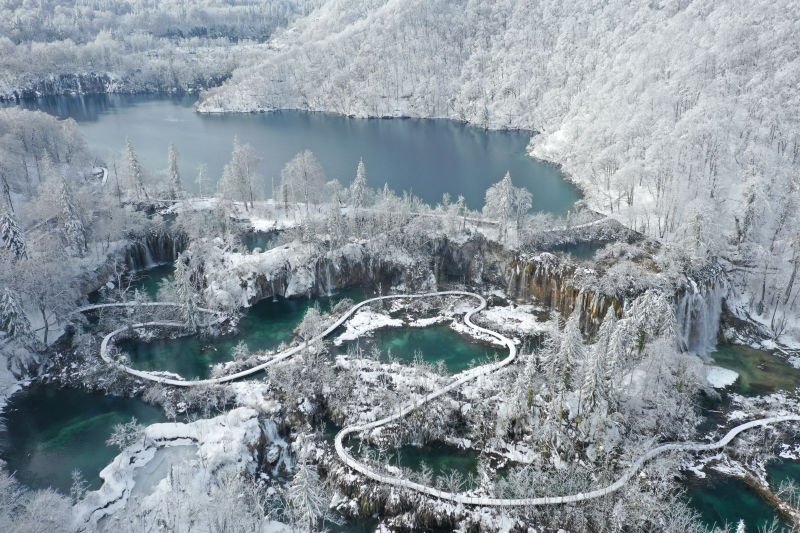KUD Bokolje - Guardians of Dobropoljana Heritage
- Josip Paškov

- Mar 25, 2021
- 3 min read
Guardians of Dobropoljana heritage gather in KUD Bokolje, named after the highest peak of the island of Pašman and in the immediate vicinity of Dobropoljana. KUD Bokolje was founded in 1994 and nurtures the tradition of dance and song of Dobropoljana on the island of Pašman, and participates in spreading the cultural heritage of the place and the wider homeland throughout the country and abroad. The members keep especially a memory of performing in front of Pope John Paul II in the Vatican. We are talking about the work of KUD and the peculiarities of island folklore in Dobropoljana with the president Nevena Dujmović Prižmić and the leader of the children's group Sandra Dujmović.

The current leaders were still small in 1994, but they harmoniously continued the tradition passed down from the older islanders. They nurture two-part singing, typical of Pašman, without instruments, and kolo dance. There is a difference between island places in folklore, but they convince us that we need a professional ethnomusicological eye to notice this. KUD Bokolje is the oldest founded society, and on the second Saturday in July they hold the International Folklore Festival, for which Dobropoljana is especially famous.

This tradition began on July 20, 2002, and was assessed by ethnologists and musicologists as very successful. In the middle of the tourist season, the members of KUD are in special trouble, since they have to host all the guest KUDs from Croatia and abroad without expelling the tourist guests. They succeed in that, and after the festival, concerts are organized that last deep into the summer night - as befits an island event! The winner of the Festival was automatically invited to the Vinkovci Autumn folklore festival.

"We didn't design anything new, but we stuck to what our grandmothers and great-grandmothers gave us as a legacy, all the fuštani we have preserved," the two presenters tell us, pointing to the fuštani or folk costumes. The costumes are not particularly rich in appearance because the people were very poor. It consists of a shirt, apron, jacket, socks, škrpete, and older women had scarves, while young women carried braids. The men's costume consists of a shirt, trousers, a belt and a hat. No jewellery nor ornaments.

Sometimes KUD organizes a display of everyday life in the past, especially how clothes were washed in the sea, with homemade soaps and in cables worn on the head. The presentation of the wedding is also being considered, but the turnout of male members and boys in the KUD is low. And with that lack, they skilfully present their heritage on many guest appearances and recordings across the country, and when there are no festivals, as in the pandemic 2020, they leave that time for rehearsals, learning and passing on memories and customs between generations. It is no wonder that KUD won the 2018 Croatian Folklore Festival.

"People used to eat mostly fish on the island before," Nevena tells us when we ask her about family memories. The poor population did not have much meat in their diet. If someone had more olives, selling oil could guarantee some poultry on the table. It is not even that distant past because the childhoods of the previous generation were already marked by scarcity.
Dobropoljana is named after the fertile land, and the combination of agriculture and fishing is visible in the small port in the village. All this tradition can be seen during the summer when old and carefully kept costumes are taken out of the closet and the heritage of Dobropoljana and Pašman is shown to the world with great pride.
Photos by: KUD Bokolje




























Comments